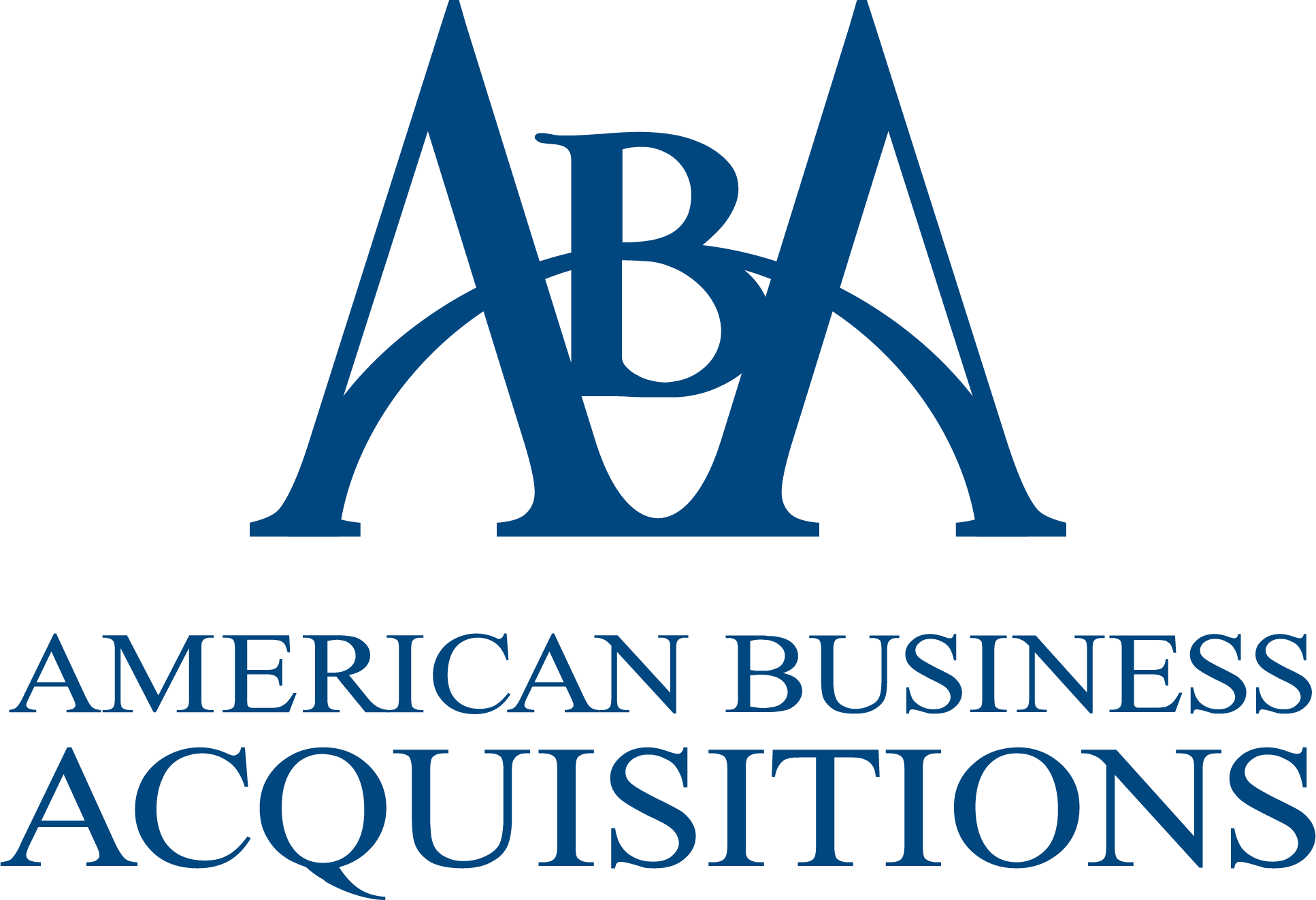Selling a business is a complex process that requires careful planning and preparation. This blog post provides a comprehensive checklist for preparing your business for sale, ensuring you’re well-equipped to navigate the process.
Contents
- 1 Understanding the Importance of Preparation
- 2 Organizing Financial Documents
- 3 Property and Equipment Check
- 4 Business Valuation
- 5 Marketing Your Business for Sale
- 6 Pre-Screening Potential Buyers
- 7 The Buyer/Seller Meeting
- 8 Negotiating the Sale
- 9 Due Diligence
- 10 Preparing Closing Documents
- 11 Relevant Examples
Understanding the Importance of Preparation
The first step in selling your business is understanding the importance of preparation. Selling a business is not a decision to be taken lightly. It involves a series of legal, financial, and managerial considerations that can significantly impact the success of the sale. According to a report by the International Business Brokers Association, only 56% of businesses listed for sale actually sell, highlighting the importance of thorough preparation.
Starting the Preparation Process
The preparation process should ideally begin 1-2 years before you plan to sell your business. This allows ample time to improve financial records, business structure, and customer base, which can enhance the value of your business.
Organizing Financial Documents

Financial transparency is crucial when selling a business. Potential buyers will want to see a clear financial picture, including tax returns, profit, and loss statements, and balance sheets for the past three years. According to a survey by Pepperdine University, financial statement quality is a top concern for 55% of business buyers.
Property and Equipment Check
A thorough property and equipment check is essential. This includes an inventory of all physical assets, their condition, and their value. Any leased or rented equipment should also be accounted for, including the terms of the lease and any associated liabilities.
Business Valuation
Business valuation is a critical step in the selling process. It determines the fair market value of your business, which forms the basis for your asking price. It’s advisable to hire a professional business appraiser to ensure an accurate valuation.
Marketing Your Business for Sale
Marketing your business effectively can attract a wider pool of potential buyers. This can involve listing your business on sale platforms, leveraging social media, and utilizing your professional network.
Pre-Screening Potential Buyers
Pre-screening potential buyers is a crucial step to ensure they have the financial capability and serious intent to purchase your business. This can save you valuable time and prevent unnecessary disclosure of confidential information.

The Buyer/Seller Meeting
The buyer/seller meeting is an opportunity to present your business in the best light. It’s important to be prepared to answer questions about your business operations, financials, and future prospects.
Negotiating the Sale
Negotiating the sale involves discussing the terms of the sale, including the price, payment structure, and transition period. It’s advisable to have a lawyer present during these discussions to ensure your interests are protected.
Due Diligence
Due diligence is the process where the potential buyer verifies the information presented about your business. This includes reviewing financial reports, employee records, business processes, and more.
Preparing Closing Documents
Preparing closing documents is the final step before the sale is finalized. These documents typically include the sales agreement, non-compete agreement, and any other legal documents required to transfer ownership of the business.
Relevant Examples
For instance, a local bakery owner successfully sold her business by following a similar checklist. She started preparing her business for sale a year in advance, organized all financial documents, conducted a thorough property and equipment check, and had a professional business valuation done. She marketed her business effectively, pre-screened potential buyers, and had successful buyer/seller meetings. After negotiating the sale, she went through a thorough due diligence process and prepared all necessary closing documents. This example illustrates the effectiveness of following a comprehensive checklist when preparing a business for sale.
Selling a business is a significant undertaking that requires careful planning and preparation. By following this comprehensive checklist, you can ensure that you are well-prepared for each step of the process, increasing your chances of a successful sale. Remember, the key to a successful sale is transparency, preparation, and professionalism.
[helpie_faq group_id=’23’/]

